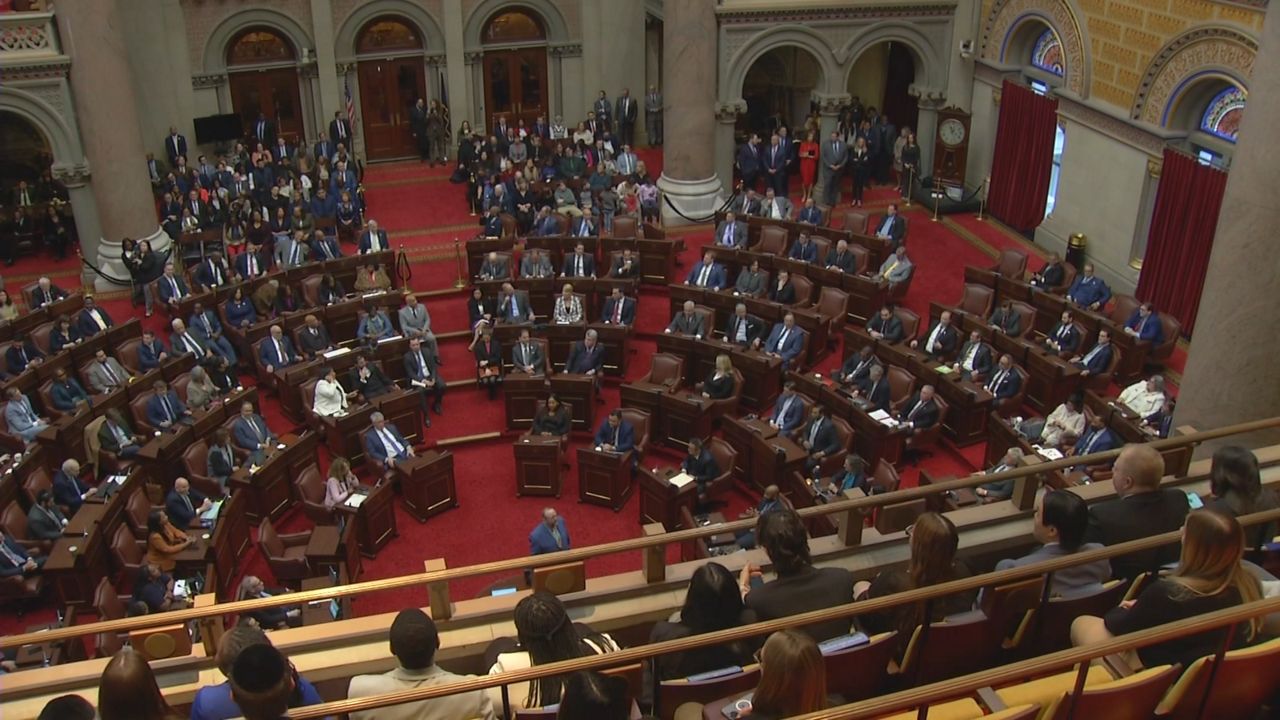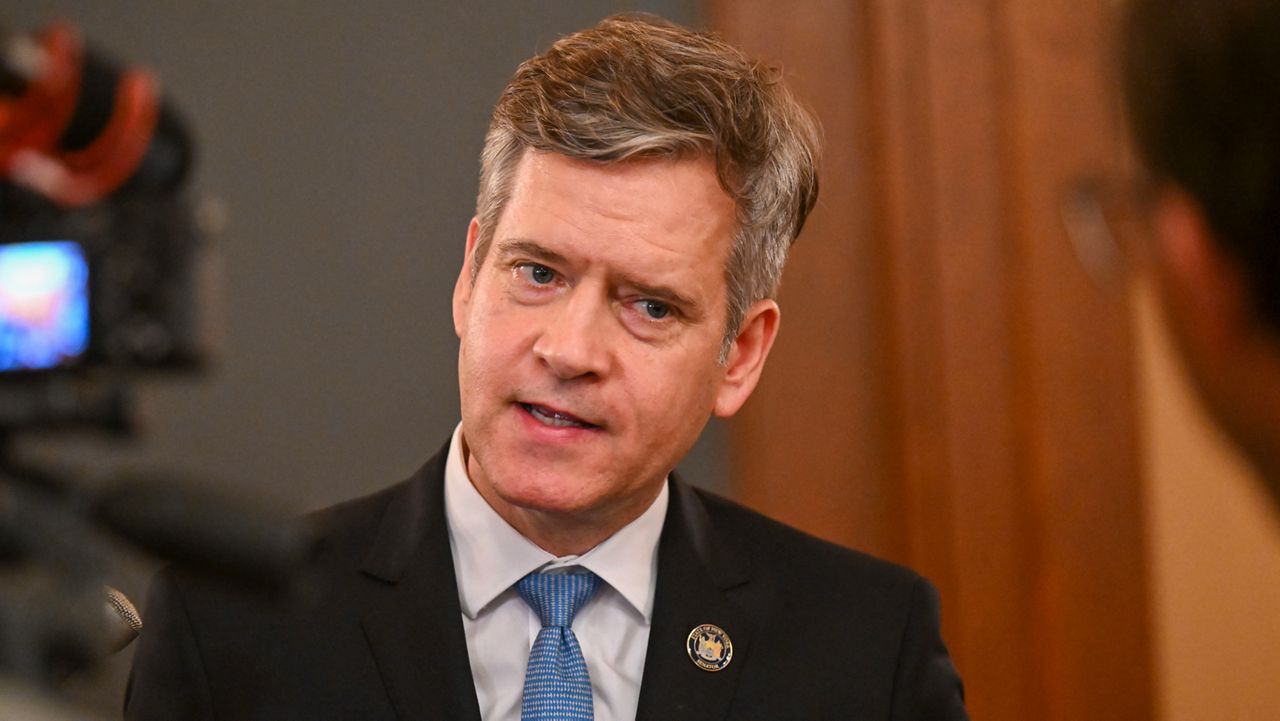BUFFALO, N.Y. — When President Donald Trump entered office on Jan. 20, he signed an executive order stopping the United States Refugee Admissions Program until further notice, saying the U.S. lacks the ability to absorb large numbers of migrants.
“The majority of the people that we work with here at this organization or that people might see in our community have all come through approved pipelines or pathways," said Pam Kefi, CEO of Journey’s End Refugee Services. "I would like people to think more beyond our funding and our budgets and to think more about humans and what people need and the fact that people will continue to try to come to the United States to have a better life."
It left many organizations assisting new and existing migrants in a state of confusion and with a lack of funding, including Journey's End.
“This is the place where the refugees call their first home or second home,” said Anna Niyonzima, refugee partnership coordinator for Journey’s End.
Providing a welcoming space is what Journey’s End is all about, or at least, it was.
“We had to shut down our refugee programs," said Kefi. "We've actually had to lay off 23 staff as a result of that.”
In his executive order, Trump said the large numbers of refugees compromise resources for Americans and impact safety and security.
It stopped the U.S. Refugee Admissions Program until letting them back in "aligns with the interests of the United States."
It also pulled the 90-day resettlement funding for those already in the U.S.
“At that time, we had 730 individuals,” said Niyonzima.
That's why their gears had to start turning. Journey’s End, along with other groups in the area, launched a rescue fund to help. The ask was $1.5 million. They ended up raising $1.2 million.
“Some of those funds [are], to me, for case management, taking them to school registration, food and clothing and such,” said Niyonzima.
Those funds are pretty much all used up. They’re now looking for other sources, including asking for a bump from $2 million to $12.5 million from the New York State Enhanced Services for Refugees program.
It's a way to keep their services going for the thousands they help as some programs are on a ticking clock.
“If we have a client that comes in, already has a critical medical concern, needs a specialized type of service, it goes more than just for 90 days," Niyonzima said. "That's one of the programs that funding will be cut, I believe, in September.”
They're not only dealing with concerns with staff, but among clients too.
“There's a general sense of fear of what's happening,” said Kefi.
“There is also a higher need for immigration attorneys," added Emily Riordan, senior director of immigrant legal services for Journey’s End. "Any case that may have been straightforward before is much more likely to be complicated now because of all the changes in policy.”
Many migrants are greeted with open arms.
“Buffalo is extremely welcoming,” said Kefi.
Despite that community, things have changed.
“There's a lot of rhetoric in the media about people who serve immigrants, that we don't uphold American values, that somehow we're not being seen as good," Kefi said. "That's very difficult for people to hear, and we don't believe it for a second.”
As challenges to the refugee pause work their way through court, they will continue to be focused on the men, women and children that come through their doors.
“Hope and faith; prayers is what is leading them,” said Niyonzima.
“There are tough days, but I know we can do what we need to do to be sustainable and to remain available to as many people as possible,” added Kefi.
Journey’s End is also in talks with organizations that don’t deal directly with immigrants. They point to the Buffalo Niagara Partnership as an ally in showing how important refugees are, especially when it comes to supporting the workforce.










